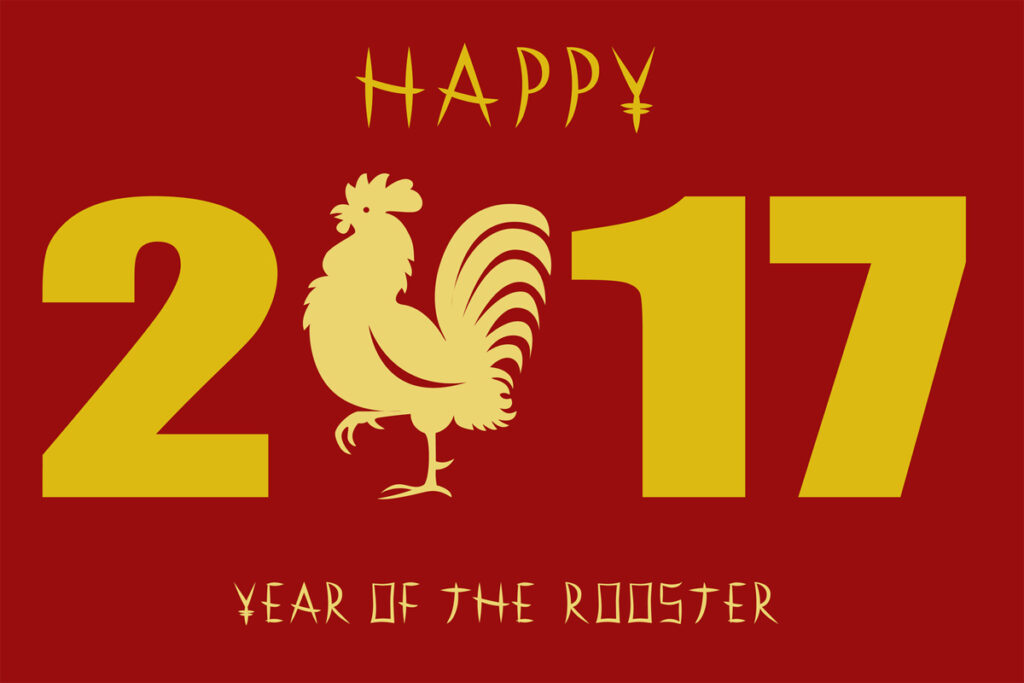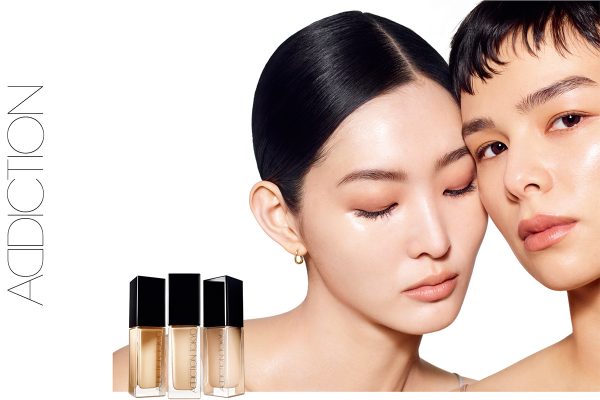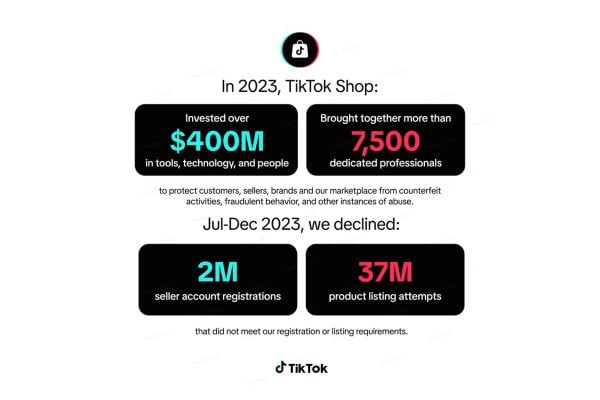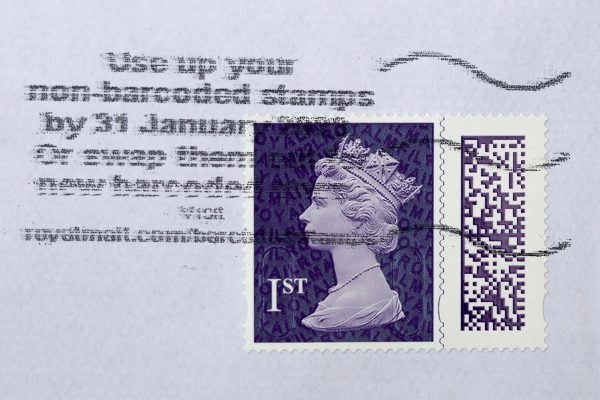 Following on from her article “Top tips for selling to China“, Lengow‘s Betty Touzeau looks back at 2016 and the events that shaped Chinese ecommerce over the past year:
Following on from her article “Top tips for selling to China“, Lengow‘s Betty Touzeau looks back at 2016 and the events that shaped Chinese ecommerce over the past year:
While most Western countries are already well into the new year, China has just celebrated their traditional Chinese New Year on January 28th and are continuing the celebrations until February 15th. As the world’s largest e-commerce market since 2013, China now has more than 430 million online shoppers who use the New Year celebrations as an opportunity to buy gifts for their loved ones. The year of the Monkey will give way to the Rooster, and the chance for us to review three e-commerce highlights that changed the Chinese and global market in 2016.
Changing regulations
High levels of Internet usage and issues with counterfeiting in the market have encouraged Chinese consumers to gradually turn to foreign e-commerce sites. As such, this new buying behaviour has led the Chinese government to review its policy on e-commerce. In April 2016, new regulations were put in place concerning the import and export of goods and services from China. These new reforms have had a particular impact in terms of volume imported and values declared for the level of imports. So, if a Chinese consumer decides to order products in a foreign country, their expenses will have to be limited (2,680 euros per year) or they will be taxed more. With the implementation of these new measures, China intends to further regulate the entry and exit of goods from transactions in the e-commerce market – which was estimated at 2 trillion Yuan in 2016.
Video helped web influencers boost sales
2016 was also a big year for video in China. In both short and live format, Chinese web influencers have taken to videos to talk about brands and their products. This was such a huge potential that Alibaba’s subsidiary, TaoBao, launched TaoBao Live, an online video site allowing ambassadors to promote products live to their followers.
They were also present, of course, on social networks, like Weibo and WeChat, which are very popular in China and have even become sales platforms in their own right – brands like Christian Dior, Burberry, and Starbucks have used WeChat to sell their products. This surge in popularity also reflects new uses of mobile technology, and how it has become a central part of the Chinese consumer’s shopping process. With over half of online transactions coming from a mobile device, Chinese consumers are naturally turning to this buying method in their day to day shopping as they did on Singles’ Day.
Singles Day smashed world records
Speaking of Single’s Day – On November 11, China was in the spotlight with its annual online shopping extravaganza. Founded by the Alibaba group in 2009, this event, now recognised worldwide, broke new records with more than 17 billion dollars spent in one day on its various platforms (Tmall, TaoBao, and AliExpress). To mark the occasion and to further establish themselves as key players in the industry, Alibaba also hosted a huge gala with as much grandeur as the American SuperBowl, with celebrity guests like the Beckhams in attendance. The event was also focused on new technologies, with the Chinese giant presenting their latest projects, like Buy + which allows consumers to shop in virtual reality. According to the General Director of the Alibaba group, Daniel Zhang, nearly 15,000 brands from around the world participated in the event, and more than 47 million customers – raising the bar for 2017! With the launch of their international marketplace, Tmall Global, Alibaba intends to conquer global e-commerce which is expected to reach more than $3 trillion by 2019.
China has definitely proved its potential, and it’s a safe bet that the Year of the Rooster will bring good luck to European traders. Even if the opening of China to cross-border e-commerce is still recent and still subject to adjustments by the Chinese government, the interest of the middle class for foreign products, and the demand for quality products is still real, and still a very lucrative business opportunity that retailers would do well to take advantage of.









